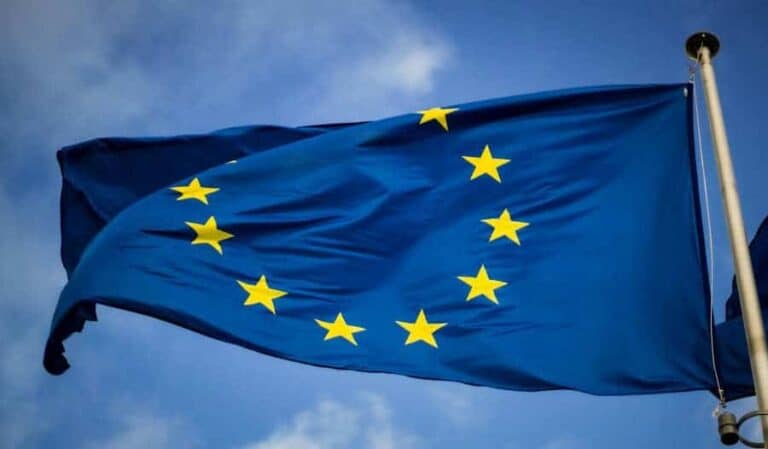During a two-day D9+ Summit in Amsterdam, thirteen EU countries and European Commissioner Henna Virkkunen emphasized that the European Union must strengthen its digital independence and competitiveness.
The changed geopolitical relationships, especially the uncertainties surrounding the United States, make clear the need to be less dependent on foreign technology. According to various sources, the ministers argued in a statement for a strategic and future-oriented approach to digitization, focusing on European values such as human rights and cooperation.
Partnership
Digital 9+ (D9+) is a partnership of thirteen European countries at the forefront of digitization within the European Union. These countries are working together to accelerate Europe’s digital transformation and influence EU policy on technology and innovation.
D9+ focuses on topics such as artificial intelligence, cybersecurity, digital infrastructure, and technological sovereignty. Its goal is to make Europe less dependent on foreign technology and to strengthen the digital economy, in line with European values such as privacy and human rights. D9+ acts as a frontrunner within the EU and plays an important role in shaping Europe’s digital future.
Revision of the European chip law
An important priority during the meeting in Amsterdam is the accelerated revision of the European chip law, originally planned for 2026, to be able to invest more quickly in the semiconductor sector. Europe must get a better grip on critical parts of the value chain, which are now often located in Asia. In addition, the European cloud and AI infrastructure must become competitive with American alternatives without distorting the market.
One notable proposal is to give European digital services priority in tendering procedures, provided this fits within the existing competition rules. European tech companies can scale up more quickly by creating demand through public contracts.
Finally, it was emphasized that strategic key technologies such as AI, semiconductors, quantum technology, cybersecurity and cloud development should be prioritized. These technologies are closely linked, which calls for an integrated approach aimed at synergy, scaling up and public-private partnerships. This is the only way for Europe to be technologically sovereign by 2035.
